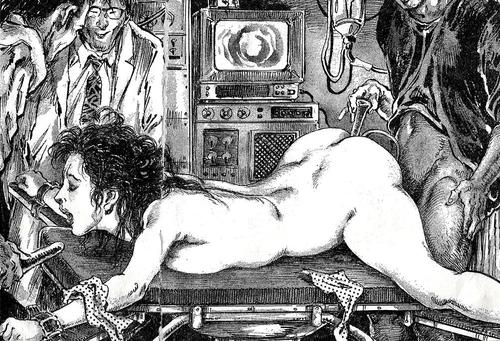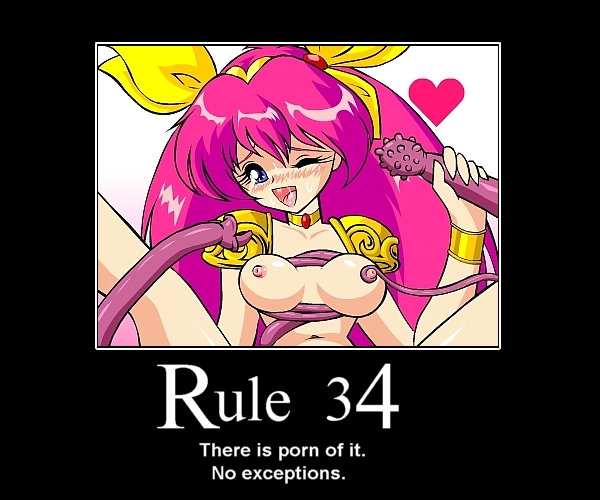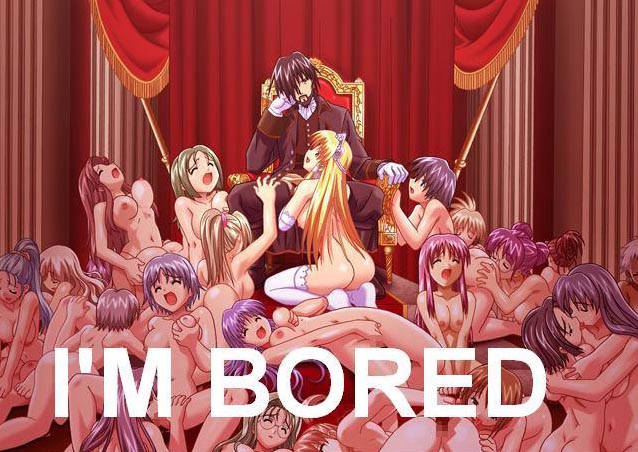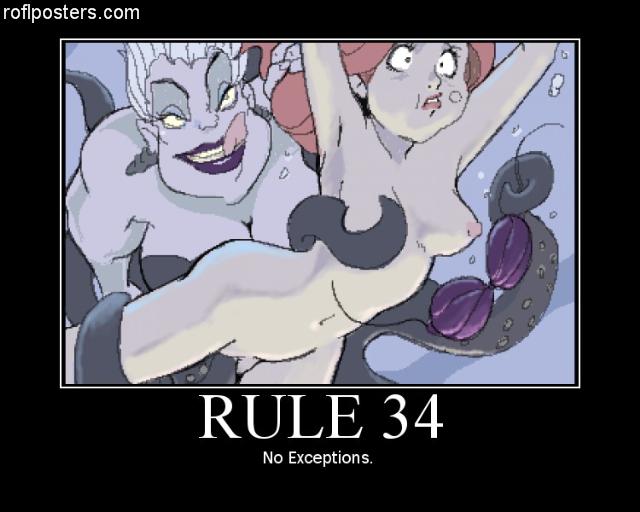[T]he only purpose for which power can be rightfully exercised over any member of a civilized community, against his will, is to prevent harm to others. His own good, either physical or moral, is not sufficient warrant. He cannot rightfully be compelled to do or forbear because it will be better for him to do so, because it will make him happier, because, in the opinion of others, to do so would be wise, or even right… The only part of the conduct of anyone, for which he is amenable to society, is that which concerns others. In the part which merely concerns himself, his independence is, of right, absolute. Over himself, over his own body and mind, the individual is sovereign.
How I wish that were inscribed over the doors of every courthouse and legislature in the land. But instead I endure to grave misfortune — shared with many others — of being immured in a society where many, many people do not subscribe to Mill’s noble principle.
If you google around under a term like “pornography addiction” you’ll find endless pages dedicated to alleging that looking at dirty pictures or movies somehow wrecks your brain like heroin. I’m not going to bother linking to any of it, The junk science thesis of porn addiction has already been given excessive attention and I’ll be damned if I give it much more. What interest me here is (1) why the anti-porn people choose to deploy the rhetoric of “addiction” and (2) how making your own contributes to combating that rhetoric.
The reasons behind (1) shouldn’t be too hard to reach. The anti-porn people really love to demonize the hated other, but when you’re talking about a class of people like pornography consumers demonization becomes a rather risky political strategy. First of all, people who look at porn aren’t some tiny fringe. There are tens of millions of them in the United States alone, and when you piss off that many people by telling them they’re hateful monsters well, you run the risk that they’re going to show up and elect the wrong folks to office. Always looks bad for a political movement when that happens. Second, as much of a beating as Mill’s Harm Principle has taken from would-be nannies left, right, and center, something like the idea that it isn’t right to dictate to grown-ups what they do with their own lives lives on in the political folk-culture of the United States.
Using a rhetoric of “addiction” solves some key problems for the anti-porn people. First, the users of dirty pictures can then be characterized as passive, as helpless, as victims. “I didn’t choose to look at dirty pictures. Dirty pictures forced me to look at dirty pictures.” This move enables the anti-porn people to shift the focus of their demonization away from consumers to producers (Pornographers! Exploiters! Smut merchants! Filth mongers!) a much more discrete and insular group with far less voting power. Second, the rhetoric of “addiction” makes the act of denying adult materials to would-be users look like something other than the invasion of personal liberty, less like burning books and more like denying heroin to a junkie. “Your use of porn doesn’t reflect your true self. It’s not something you actually chose, rather it’s the helpless enslavement of an addiction and when we take it away, we’re not really taking away your freedom.” (Forcing us to be free, I see. I wonder where we’ve seen that before.)
That we are helpless or out-of-control in front of dirty pictures a seductive notion. It’s also rot. Rather than walk through a tedious theoretical argument as to why it’s rot, let”s try a little exercise related to the theme of Erotic Mad Science, shall we?
Below are three images, about the provenance of which I fear I know nothing except that all three appeared at one time or another at Janitor of Lunacy. Look down the page, nice and easy now.
First image:
Second image:
Third image:
Enjoyed yourself at all? I hope so. Now for a few questions.
Were you looking passively down the page, moving down like a mechanical scanner? I doubt very much that you were. Instead you probably lingered just a little over some, perhaps hurried over others. In short, your mind was working as your eyes were moving. Some things might have been appealing and others were not. There was an activity of choice going on. Your faculties were engaged.
Now let’s move on a little in the exercise. Pick one of the pictures on whatever grounds you like (choice! agency!) and look at it for a little while. Don’t force yourself to do anything, but just let your mind do whatever it sees fit to do.
Just a few more questions, painless ones I promise.
Were you wondering about the events that led up to whatever is going on in the picture you looked at?
Did you wonder about the motivations of the people depicted? What they were feeling? What they hoped to achieve?
Were you writing any dialog in your head for any of the people depicted, whether as spoken word or interior monologue?
Were you thinking about the point of view of any of the characters?
Were you thinking at all about what might happen next?
If you’re like me — and I’ll bet that almost everyone reading these words is like me in the relevant respect – you could answer “yes” to most or all of these questions.
But that’s not passive at all! Did you feel like a victim? Or did you feel like you were an agent, an author even. Your experience was no simple act of consumption. Even in what looks like idle viewing, there was creation.
Unfortunately it’s a rather small act of creation, and what’s more it’s not one that anyone but you can see.
But if you get busy making your own, that all changes. When you create things, you are undeniably displaying the presence of all the things that “addiction” supposedly makes absent. You are exercising your faculties, putting for energy, intelligence, memory, and will. You are showing agency and selfhood by making decisions. And in so doing, you are creating the very facts that show that the model of “addiction” is a lie.
Might I also note that you are also effacing the distinction between producer and consumer? Thus expanding the pool of people which the anti-porn people have to demonize when they attack porn.
Let’s expand that pool. Let them demonize at their peril.
Let there be millions of us.


















